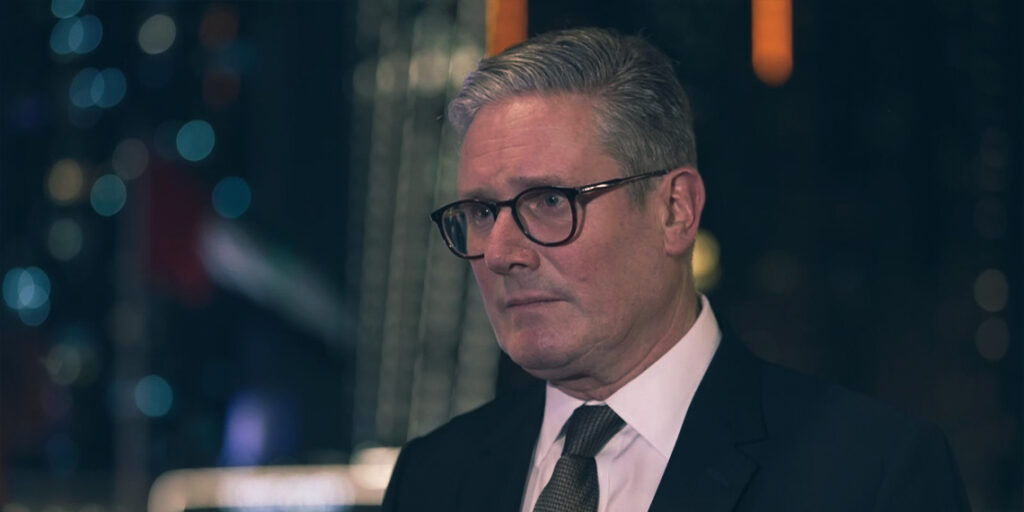UK Prime Minister Sir Keir Starmer has emphasised the benefits for northern England of closer economic ties with Saudi Arabia during a visit to the Gulf region.
His trip, which includes stops in the United Arab Emirates and Saudi Arabia, aims to bolster trade and investment amid significant political shifts in the Middle East.
Starmer’s visit coincides with reports that Syrian President Bashar al-Assad has fled to Moscow following the fall of his regime to rebel fighters over the weekend. The prime minister welcomed the collapse of Assad’s government, labelling it a “brutal regime.”
As part of the push for stronger economic partnerships, a Manchester-based company specialising in graphene—a cutting-edge, sustainable material—has announced a major deal with Saudi Arabia.
Graphene Innovation Manchester has secured a contract to supply the material for the Neom project, an ambitious $500bn megacity under construction in the Saudi desert. The deal is expected to generate £250 million in investment and research in Greater Manchester and create over 1,000 skilled jobs.
Speaking about the partnership, Starmer said:
“Every region and nation in the United Kingdom should feel the impact of our Plan for Change, which is why I am in the Gulf forging closer ties and strengthening relationships that support our growth mission in every corner of the country. I am determined to ensure international diplomacy drives local results, whether that is discussing how we can support regeneration in the UK or facilitating business deals that create jobs—my international agenda starts at home.”
While the economic agenda is central to Starmer’s visit, calls have been growing for him to address human rights concerns in Saudi Arabia. The kingdom has executed a record 300 people this year alone, drawing criticism from human rights organisations.
Legal advocacy group Reprieve has urged the prime minister to intervene on behalf of individuals on death row, including two defendants who were minors at the time of their alleged offences.
Starmer’s Gulf visit underscores a dual focus on advancing the UK’s economic interests while navigating the region’s complex human rights challenges.


